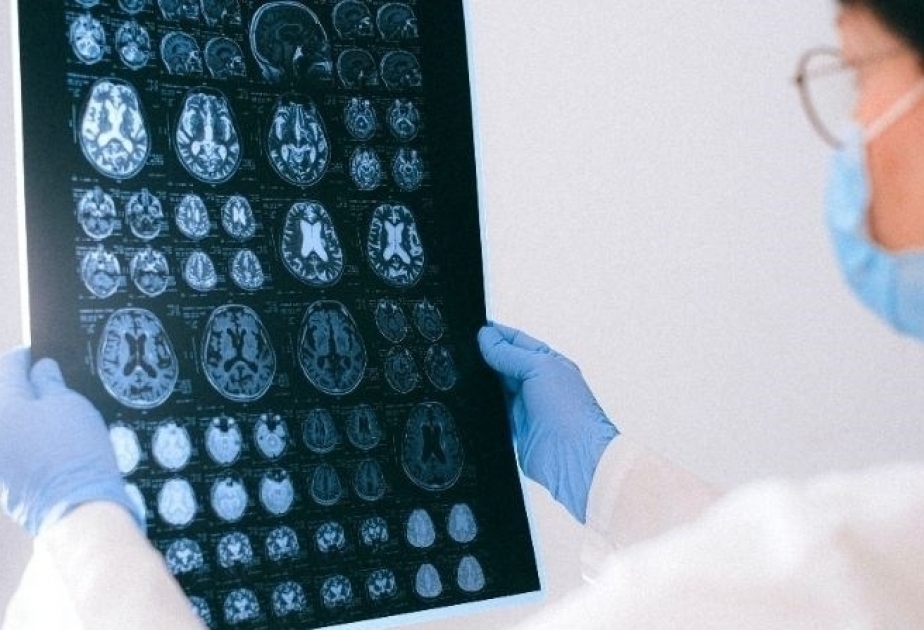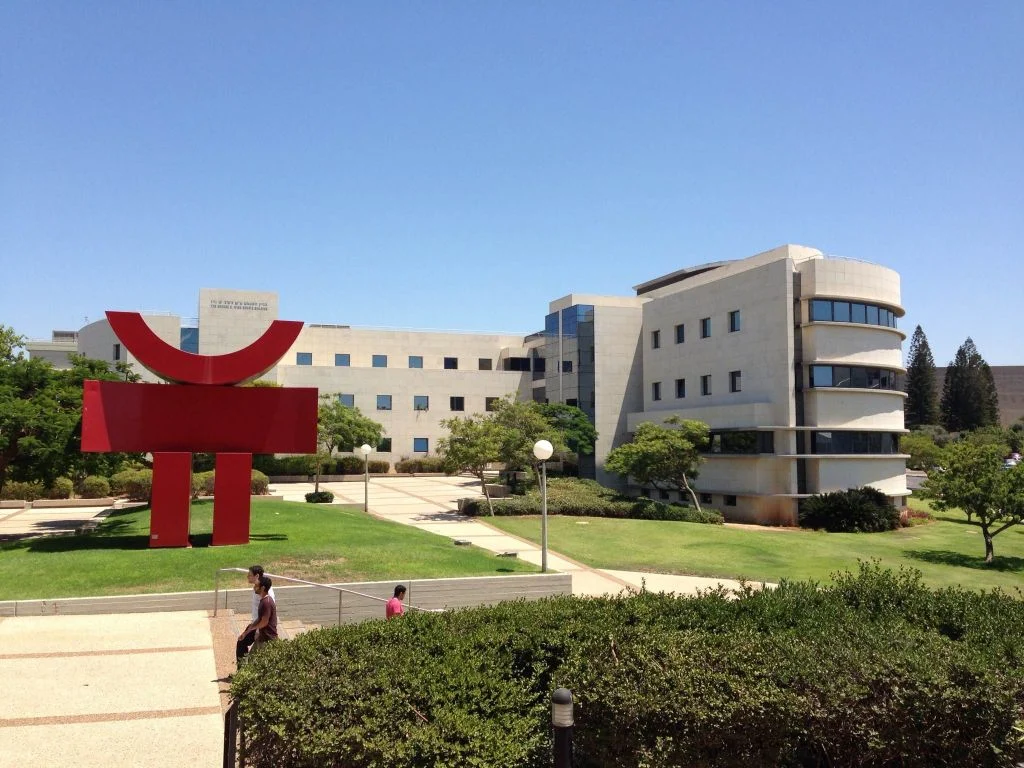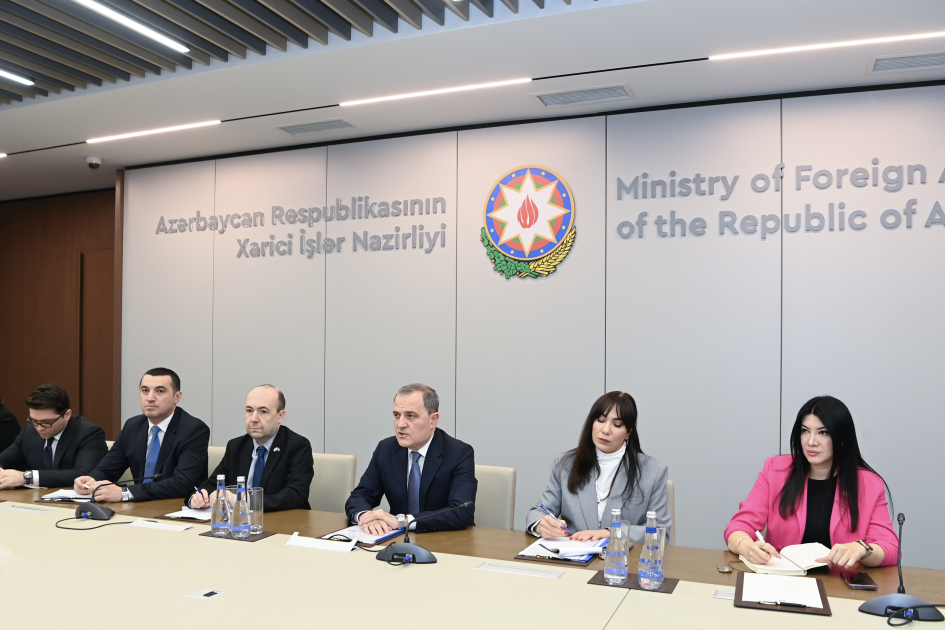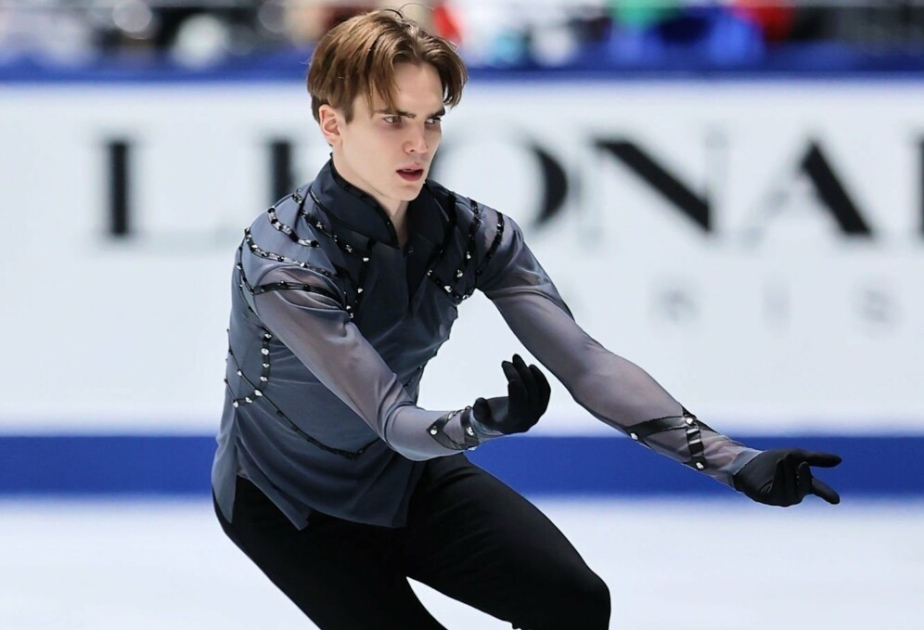A 13-year-old boy has been cured of a very aggressive brain tumour in a world first following a clinical trial, according to the Mirror.
Lucas Jemeljanova, from Belgium, was six years old when he was diagnosed with diffuse intrinsic pontine glioma (DIPG) which is very rare and statistically kills 98% of patients within five years. And children with the brain tumour would normally be expected to live nine to 12 months after diagnosis.
Lucas began to feel unwell while on holiday with his parents noticing he could not walk in a straight line and then he began to suffer nosebleeds and lose consciousness.
The boy’s doctor Jacques Grill, from the Gustave Roussy cancer centre in Paris, had to tell the family that he was going to die from the cancer and now says he “beat all the odds” while another researcher who worked on his case said it “offers real hope”.
Parents Cedric and Olesja had taken him to France where he was randomly assigned to receive cancer drug everolimus which had never been successfully used on DIPG before. The drug works by blocking mTOR, a protein that is involved in aiding the dividing and growing of cancer cells.
Doctors saw how Lucas was responding well to the drug and then they were unsure when to stop the treatment - but found out a year and half ago that the boy had done so anyway.
"Over a series of MRI scans, I watched as the tumour completely disappeared," Grill told AFP. "I don't know of any other case like him in the world."
It remains unclear why Lucas recovered from the cancer and scientists are now looking at how his case can help others with the illness in the future. From the trial seven other children survived years after their diagnosis but only Lucas saw his tumour disappear which Dr Grill believes is down to “biological particularities” of their specific cases.
"Lucas' tumour had an extremely rare mutation which we believe made its cells far more sensitive to the drug," he reportedly said, while Marie-Anne Debily, a researcher at the lab also told AFP: “Lucas’ case offers real hope. We will try to reproduce in vitro the differences that we have identified in his cells.”
Scientists are now going to try and reproduce masses of cells in the labs and see if the tumour can also be killed off as effectively there and then develop a drug that could do this.











